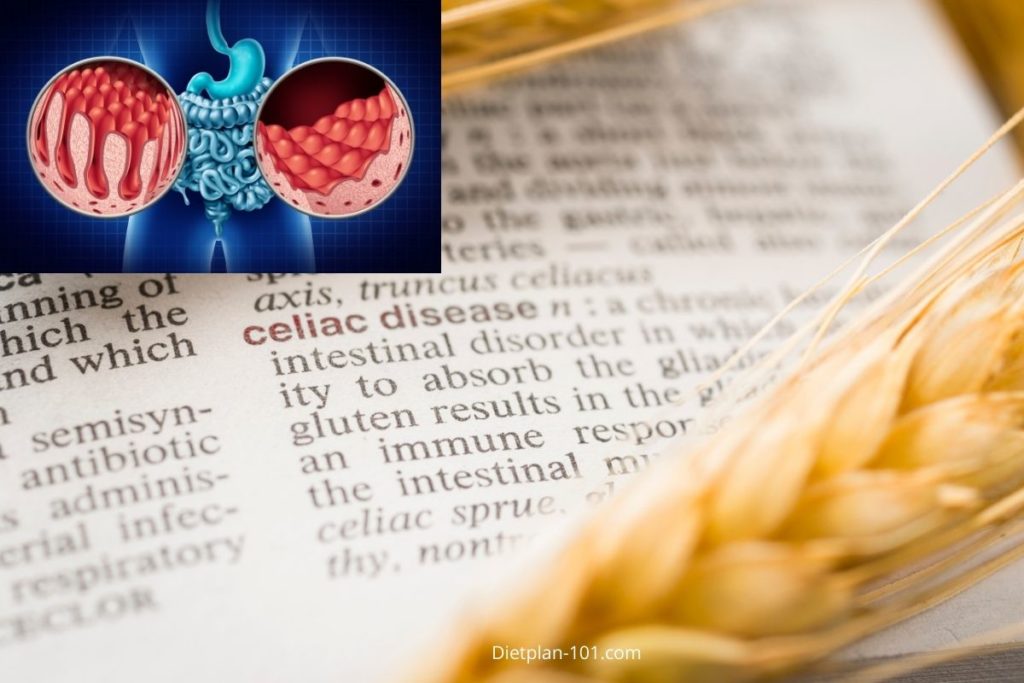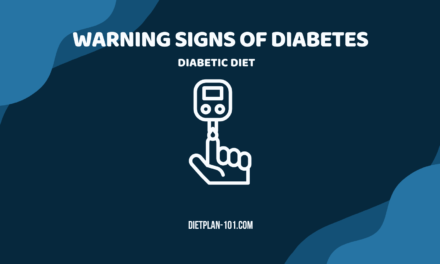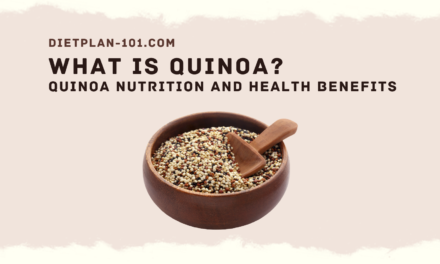If you’re reading this, it might mean that you’ve heard about gluten intolerance and are thinking about whether or not it’s something you should be concerned about. Maybe you’ve been feeling a little off lately and want to do some research before heading to the doctor.
So what is gluten intolerance? Well, let’s start with what gluten is: Gluten is a protein found in grains like wheat, barley and rye. It’s a sticky substance that gives dough its elasticity and helps it rise as it cooks. It also makes food taste good and stick together so it’s easy to eat.

But here’s the thing: not everyone can tolerate gluten. If you have celiac disease or non-celiac gluten sensitivity (or if you just think maybe you’re intolerant), eating gluten can cause inflammation in your small intestine that damages your villi—the tiny hair-like structures that help absorb nutrients from food and water into your bloodstream. If this happens often enough over time, it can lead to serious health problems

So if you think you might be intolerant—or if you just want to make sure that your diet is healthy for your whole body—here are eight signs that could mean it’s time to cut back on gluten in your life.
[ads]
There are tons of signs that can indicate that your body isn’t getting along with the wheat protein found in many foods. The most common signs include:
- Stomach pain or bloating after eating wheat products
- Diarrhea or constipation after eating wheat products
- Gas, cramps, and/or pain in the stomach during or after eating a meal containing wheat products
- Headaches or migraines after eating wheat products
- Joint pain (such as knee pain) after eating wheat products
- Skin rashes and/or hives after eating wheat products
- Brain fog, confusion, difficulty concentrating, or trouble remembering things after eating a meal containing wheat products
- Bloating and gas after drinking alcohol
If you’re thinking that sounds like something you’ve experienced before, you might be right: gluten intolerance is common. In fact, it’s estimated that around 1% of people have celiac disease—and THAT’s not even including everyone else who just has milder forms of intolerance.
While there’s no way to test for gluten intolerance directly (yet!), there are plenty of ways to tell if your body might react poorly if you eat foods containing gluten. The best thing you can do is avoid eating those foods altogether until you’ve got a solid diagnosis from your doctor or nutritionist.




